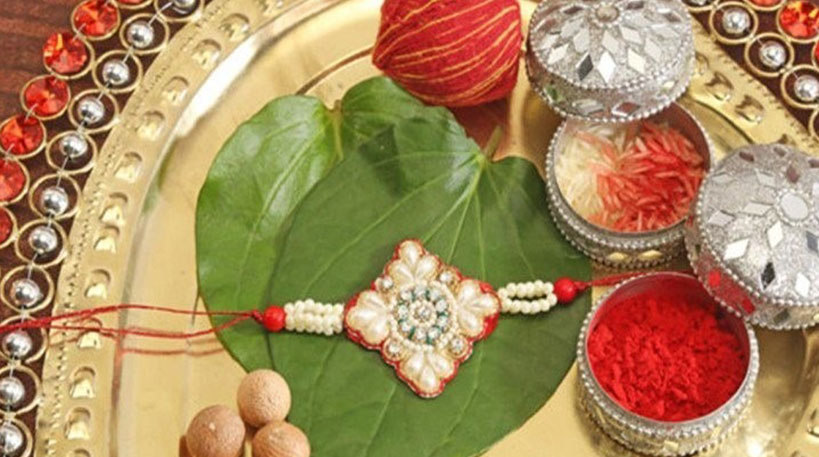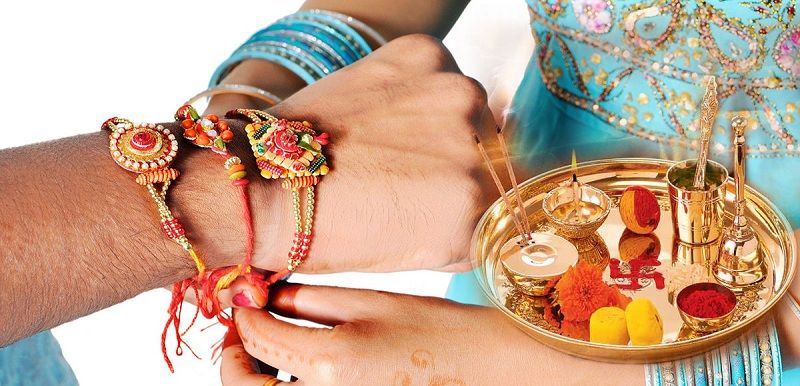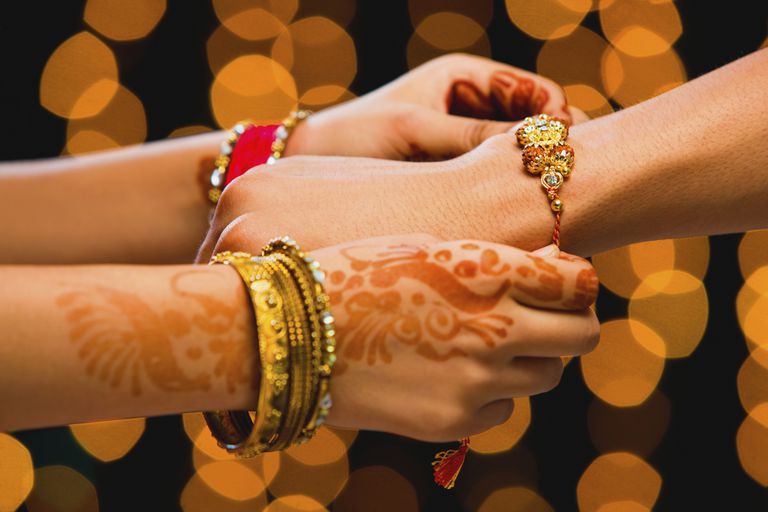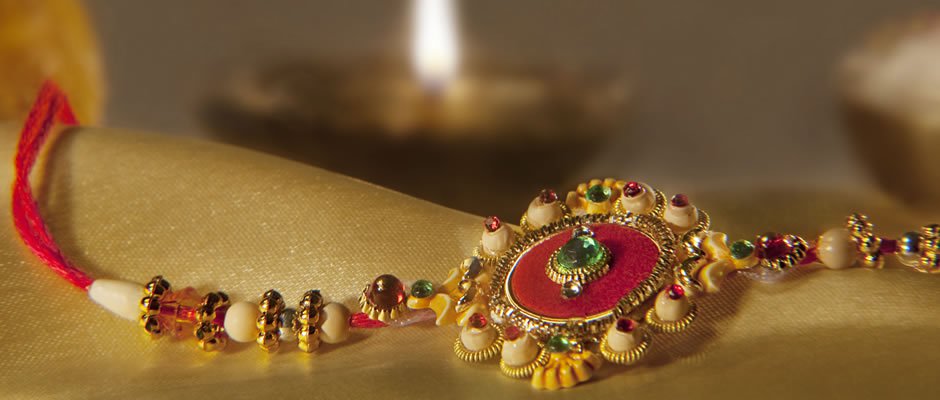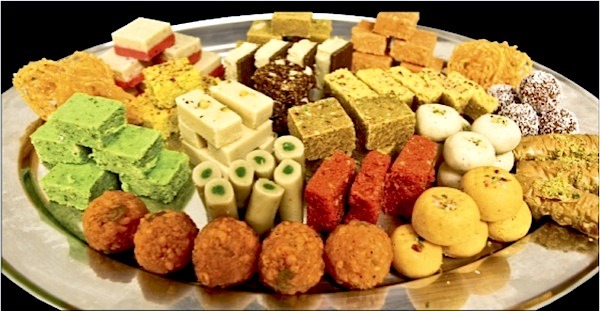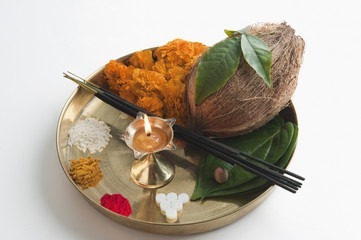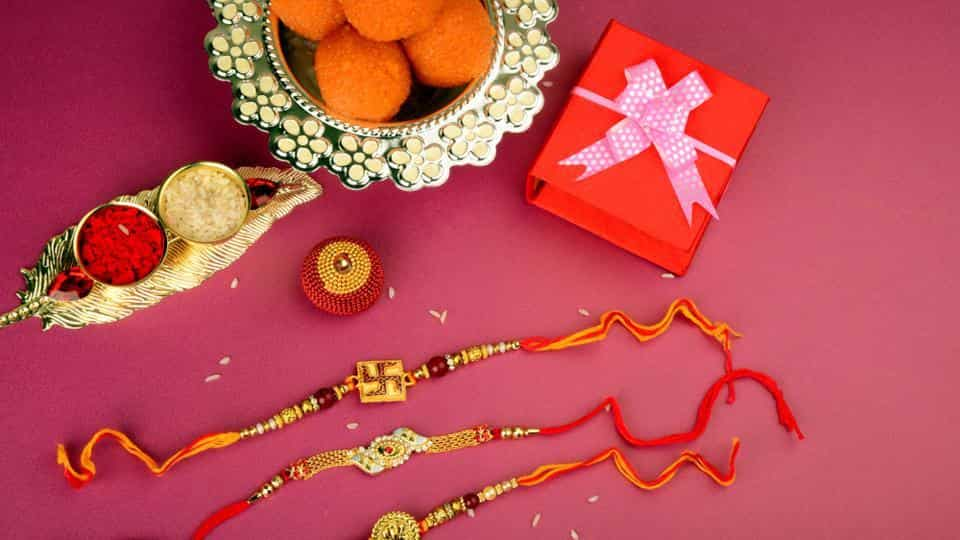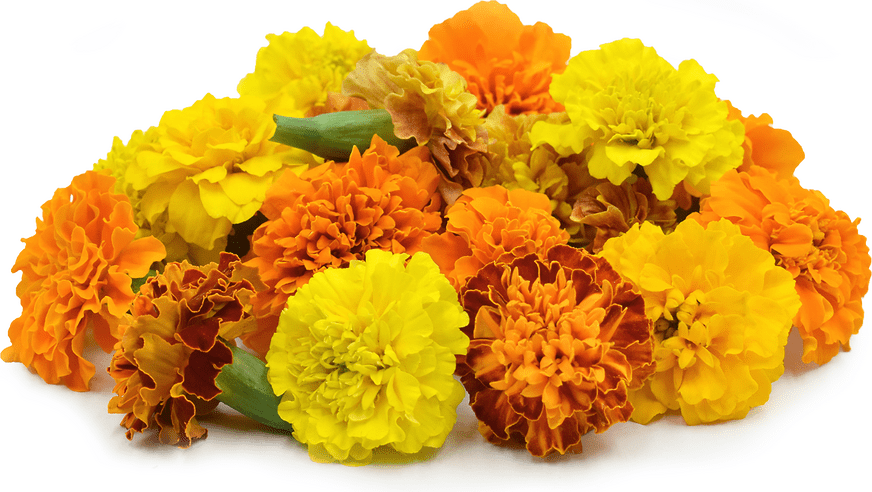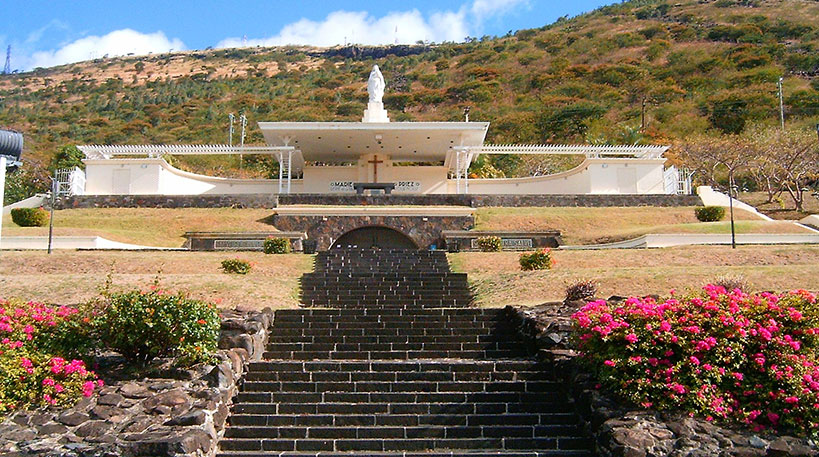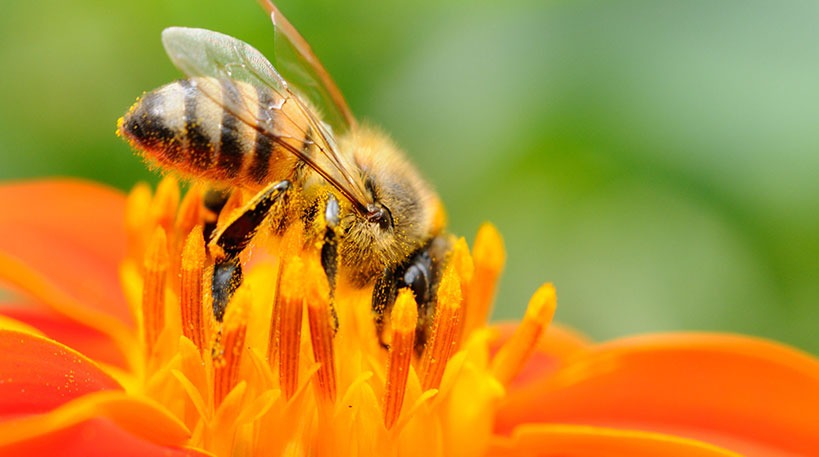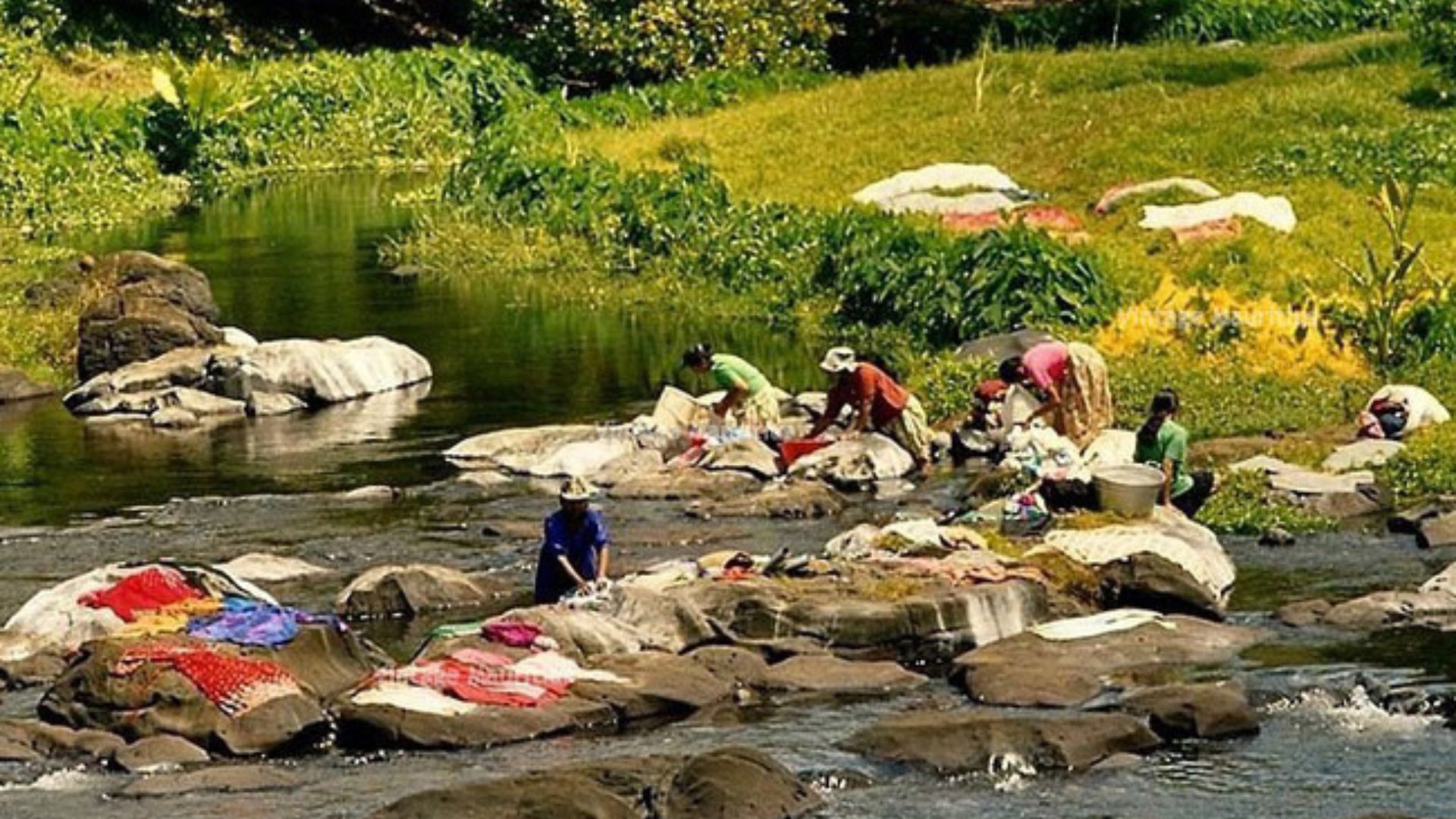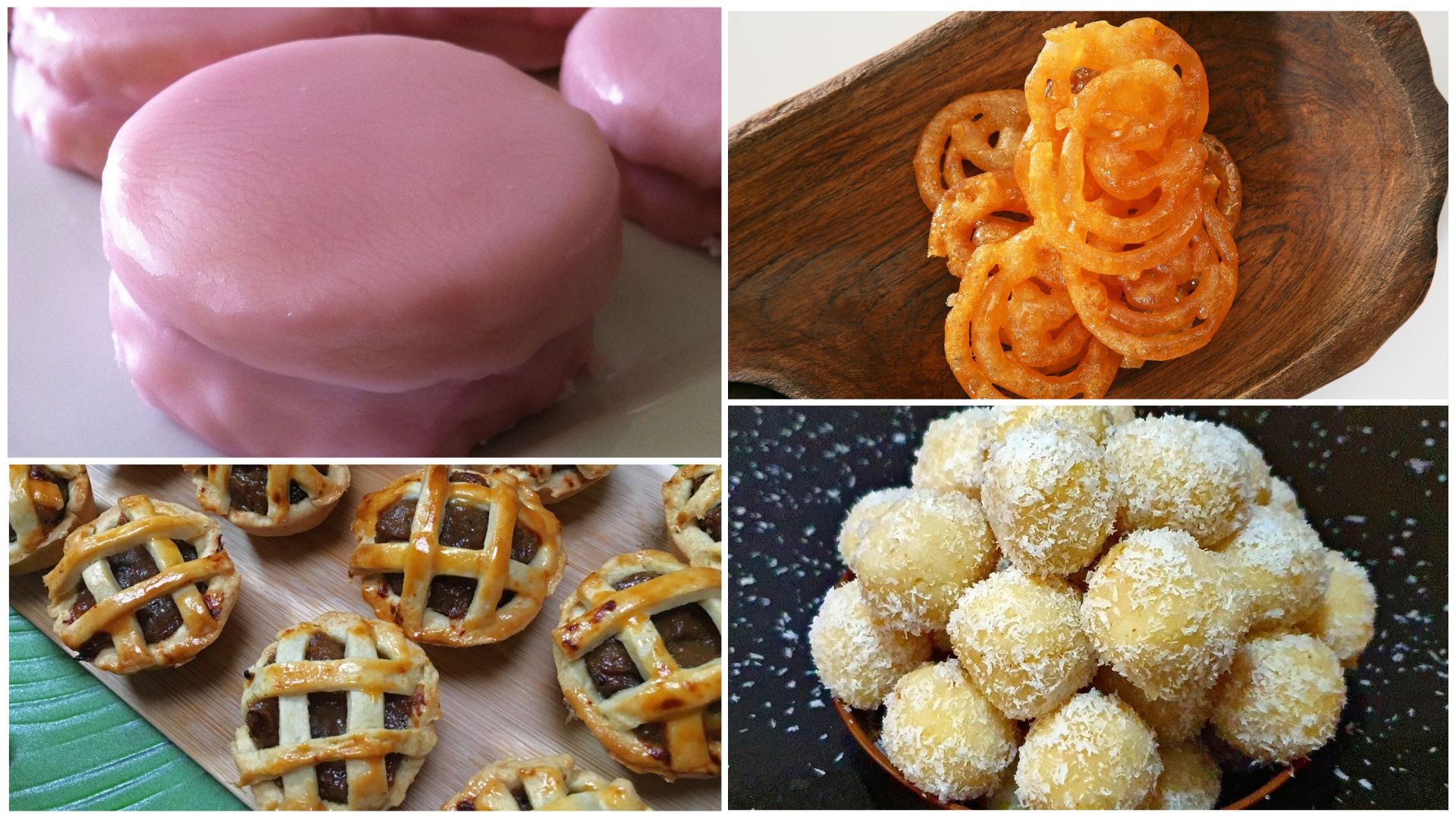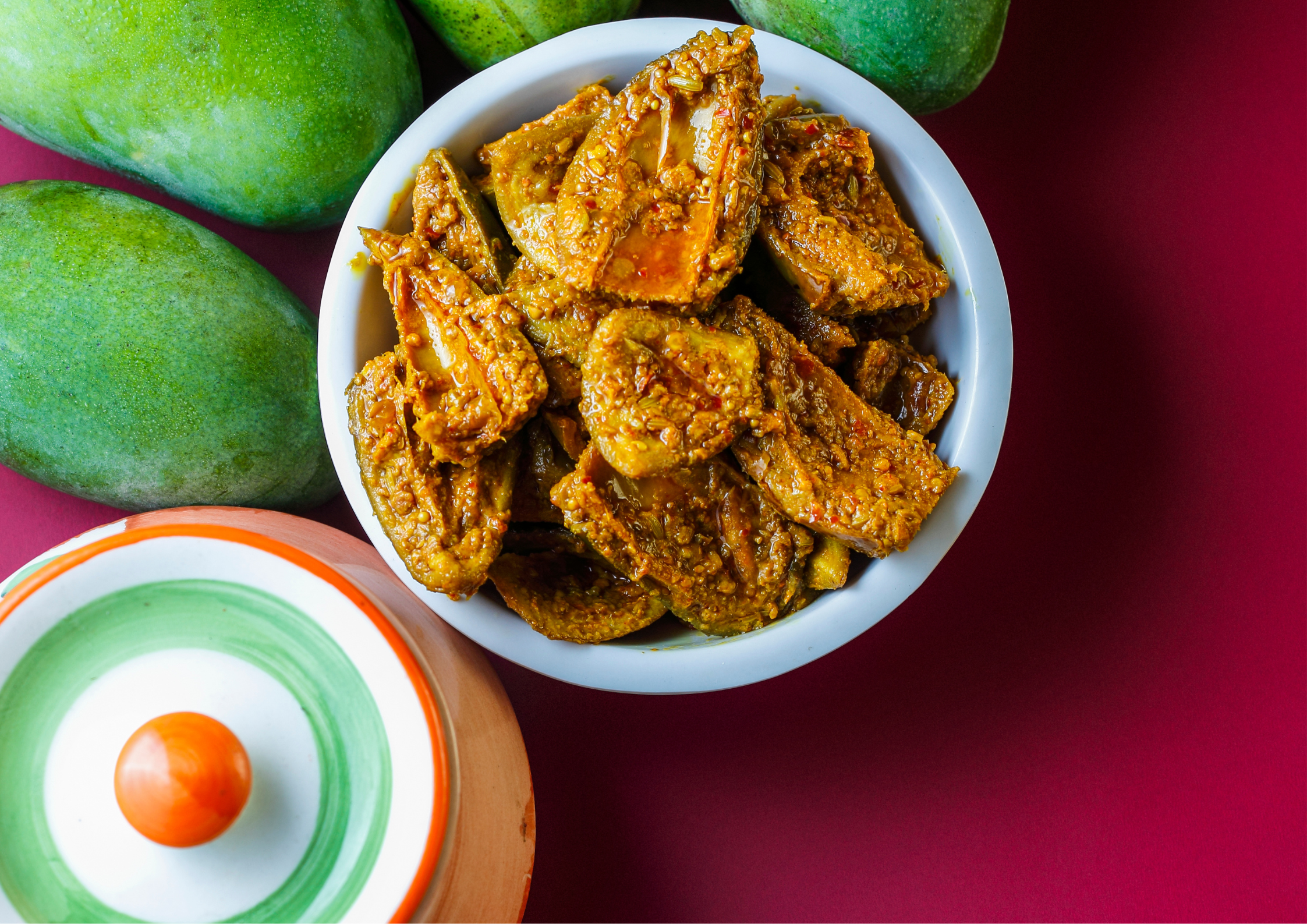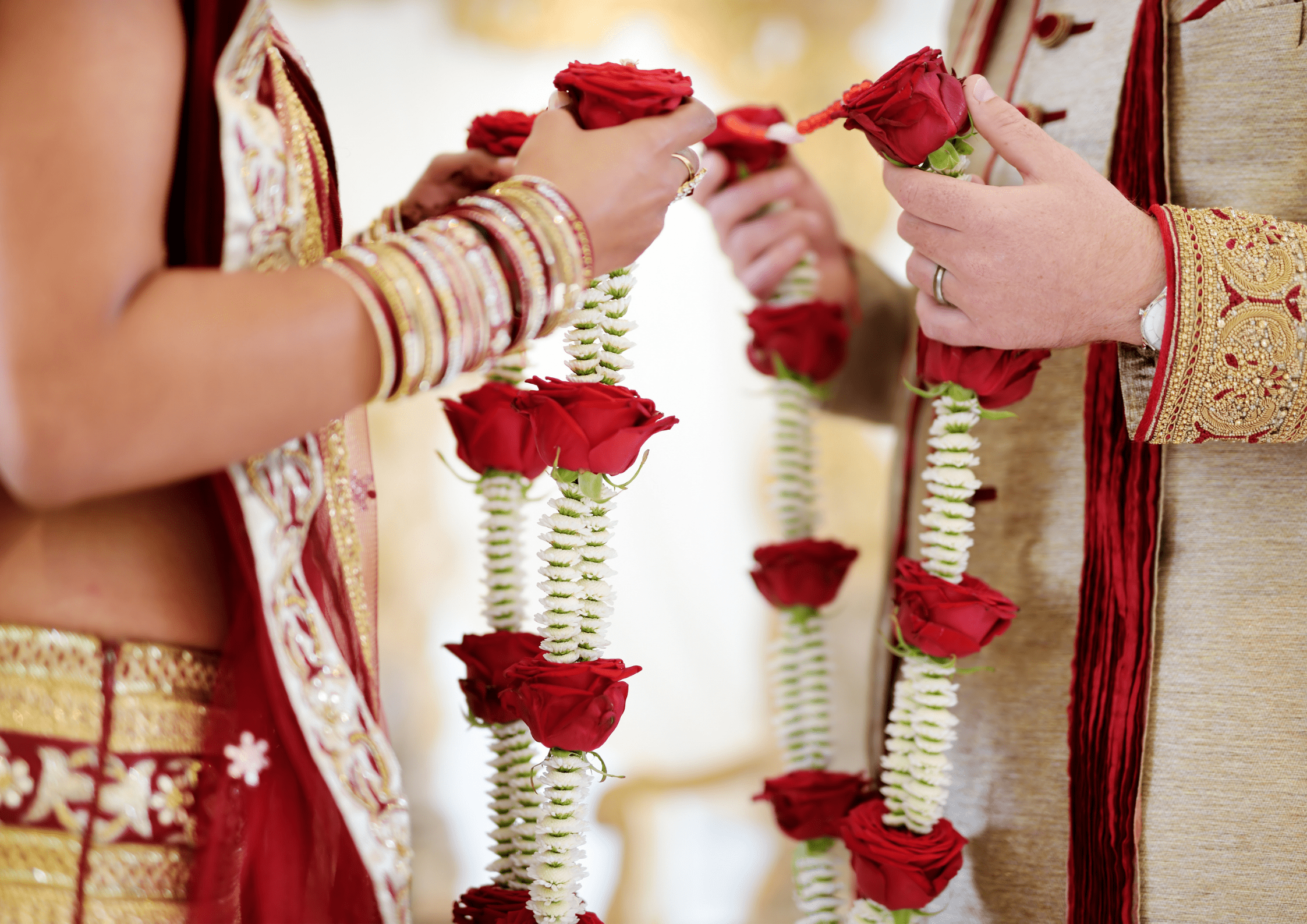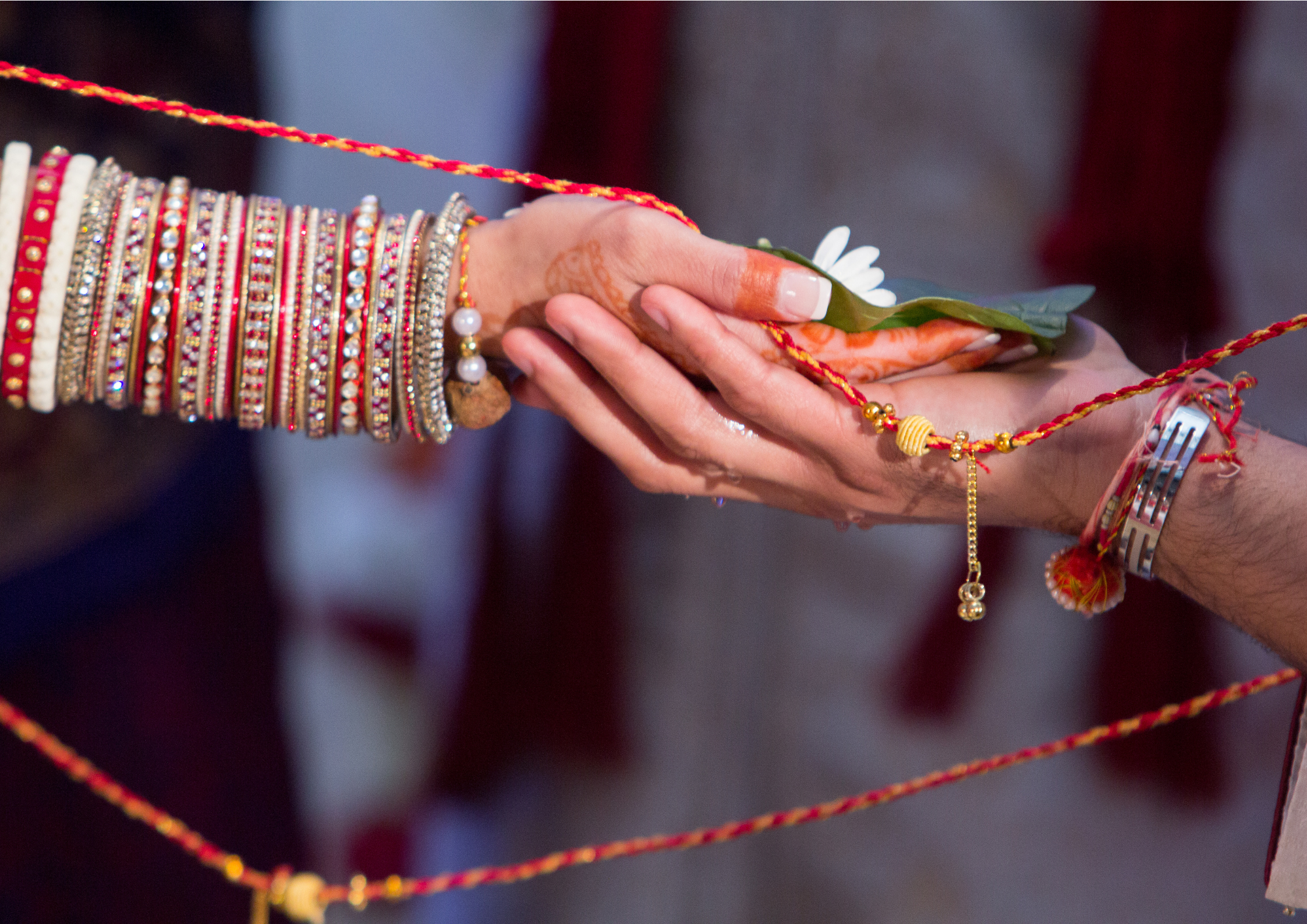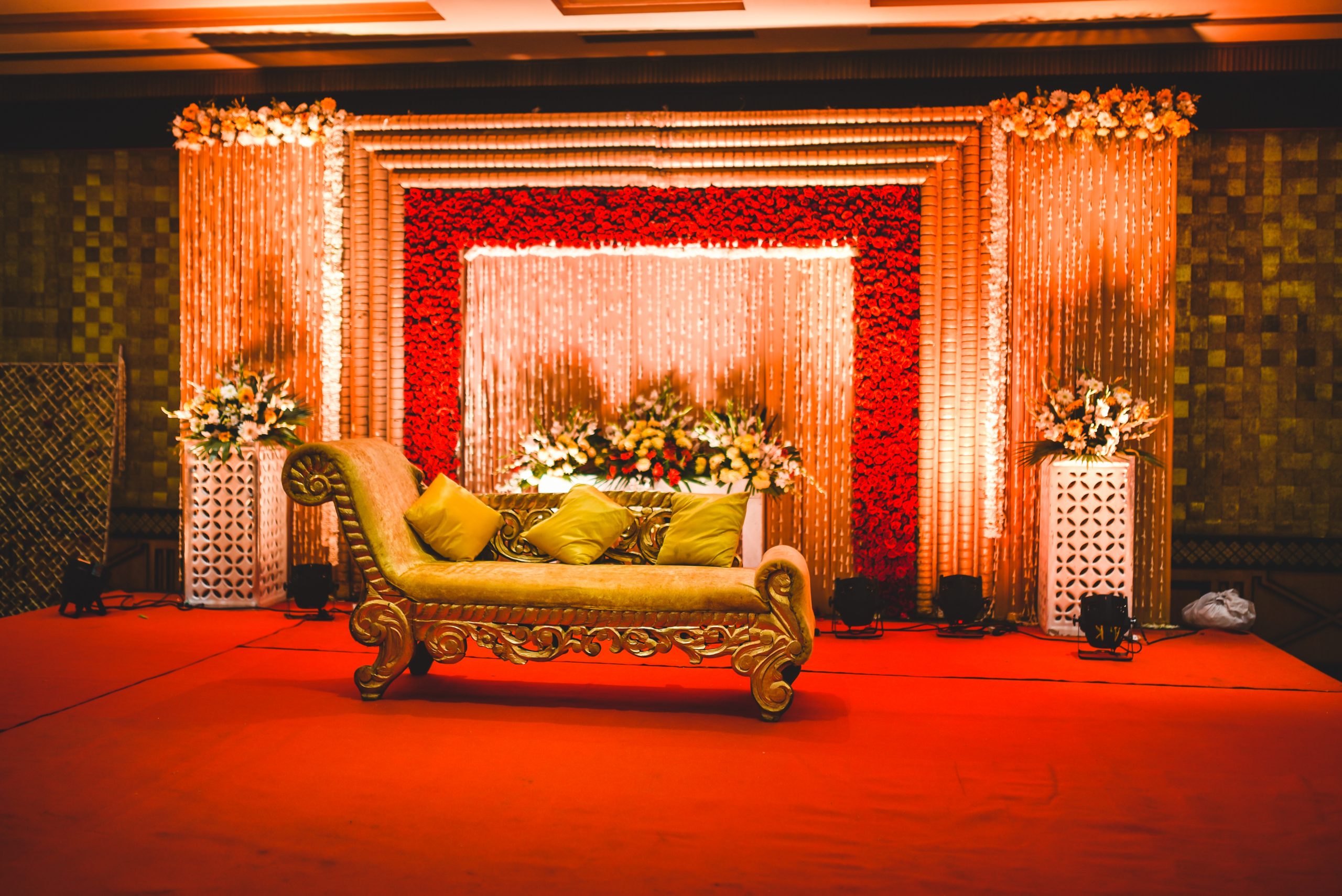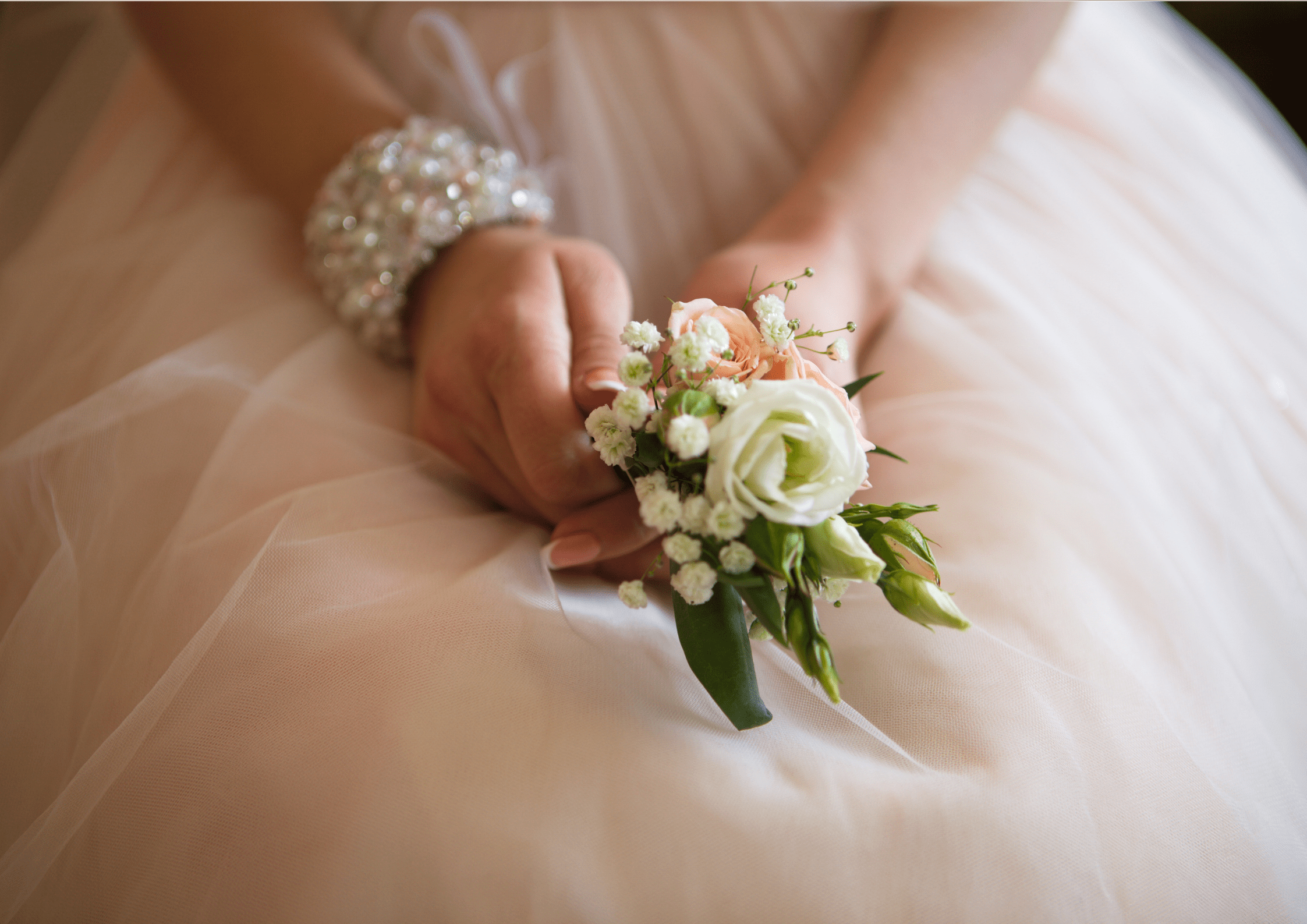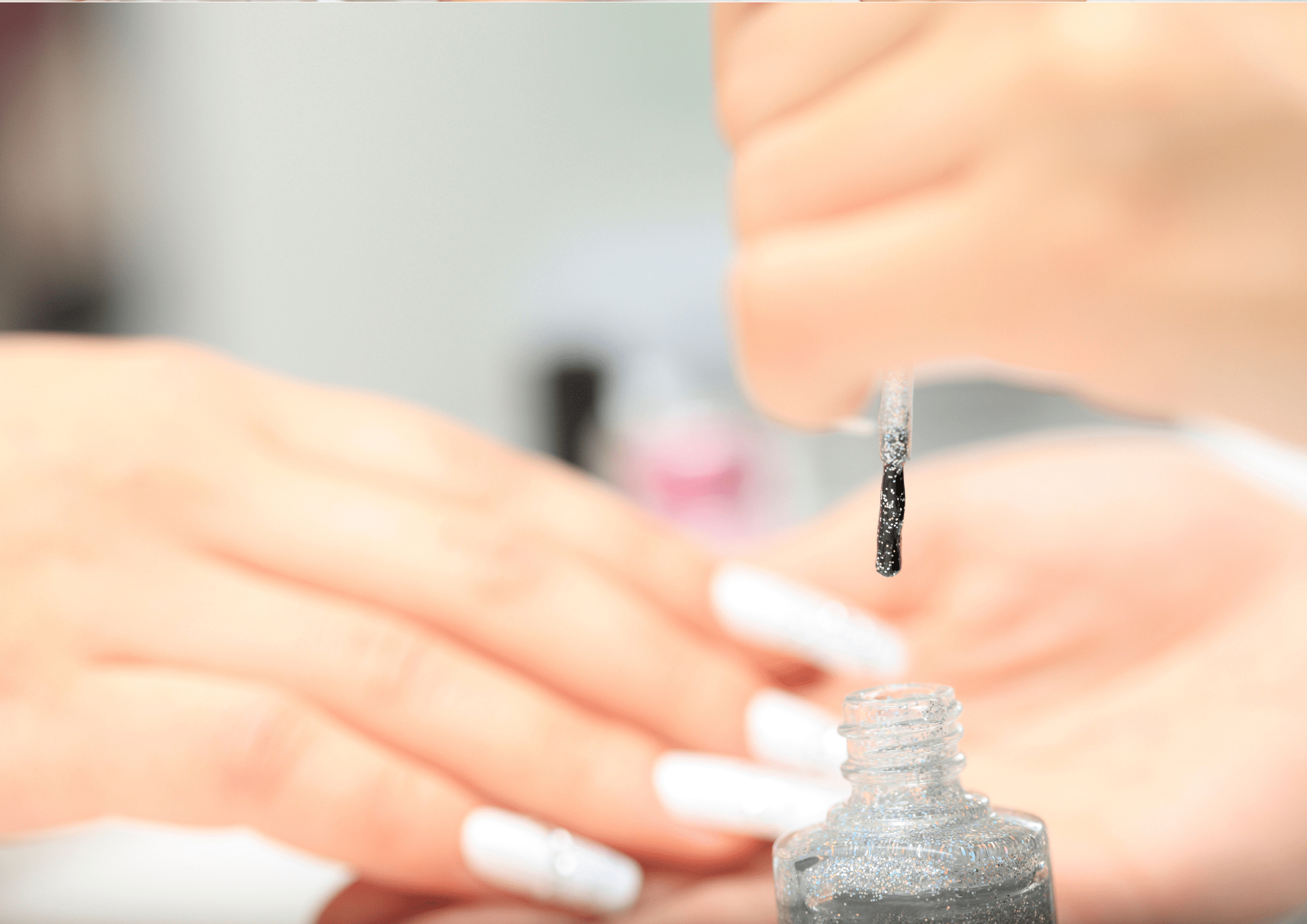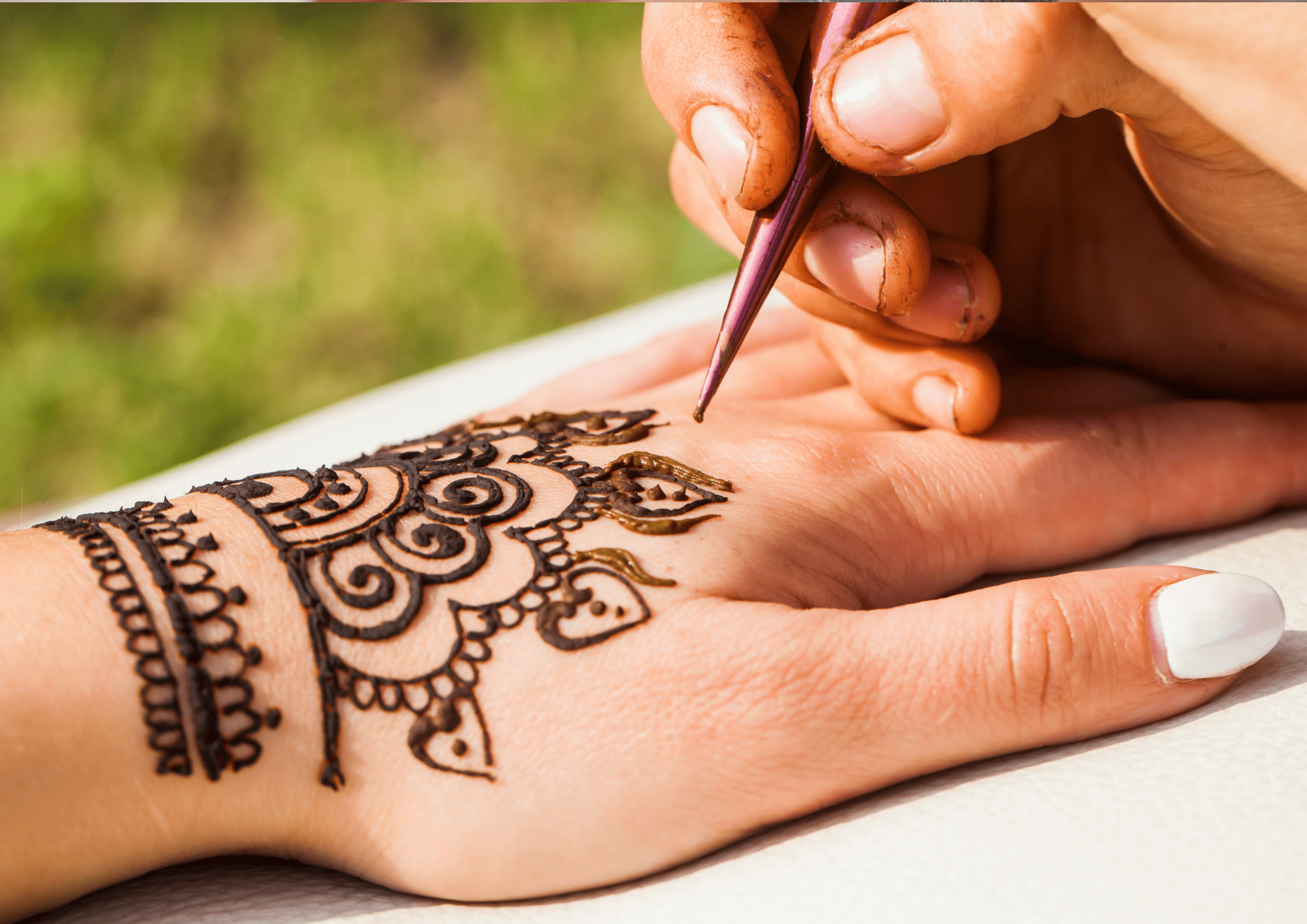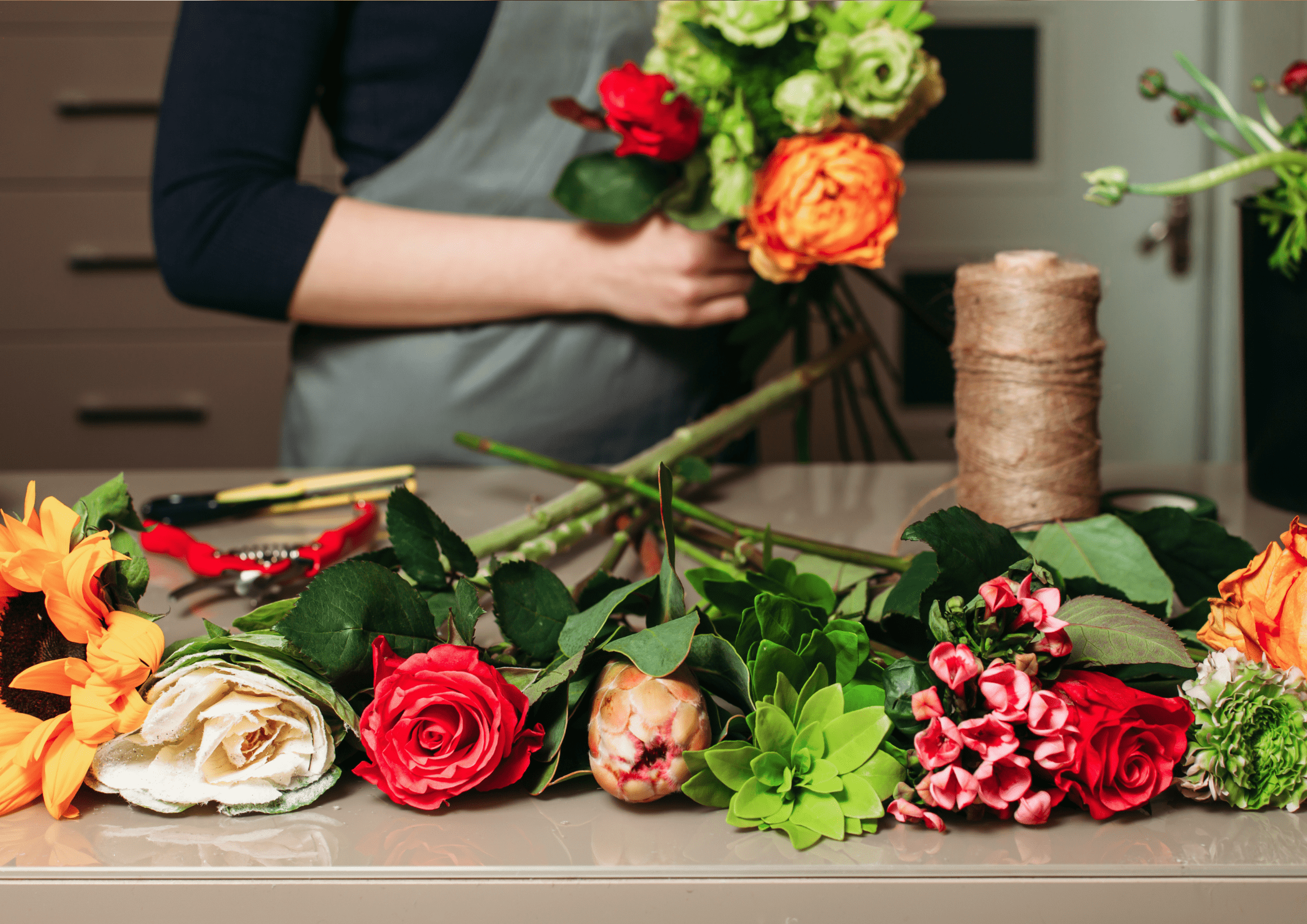Raksha Bandhan – The sibling bond
A paragon beyond the minds of continents, bosom anchored under velvet green, my island sailed on the blushing tide of the setting sun. This imperial twilight which ripples your blood with joy and happiness, if you are lucky enough to be honoured. However beyond the wheel of destiny, only birds enjoyed the grace of praising this heavenly abode which no man dared to tread and hence bemused by such celestial divine setting.
But while the southern seas stormed their might, Europe asserted its priorities and leaning, Africa its pain and martyrdom, Asia its traditions and hope, inciting a kaleidoscope of culture outshining quite a few.
Thus we inherited Mother’s day from the European, African dances from the continent, spring festival from China and India bestowed us Raksha Bandhan or Rakhi. A feast unique in its own, for truly speaking, it’s not a celebration but a bond, a fraternal commitment honoured annually between biological brothers and sisters, swearing the solemn vow to protect each other in brotherly love.
India traditionally deeply rooted, commemorates Raksha Bandhan with the rites and splendour which society calls for, and it goes without saying the Indian Diaspora the world over abide to honour its Indian counterparts. At par with its roots our island built up a culture of its own, thus integrating Rakhi and honours it as it should.
Garlanded with two main events, August finds itself in effervescence, St. Mary’s Day (Assumption Day) and Raksha Bandhan. The former blessed by the church while the latter has parents’ influx. Although Rakhi revolves around brothers and sisters, the family as a whole is restless to make it a success. Days before, priority on shopping, whether it’s the shopping mall which is favoured or the nearby ‘boutique’, little sis has to be the beauty of the day while the elder bro or the teen has to make it a point to find something, worthwhile to please the one whom he had sworn to protect. Well before sunrise, the Thali (copper plate) shines, finds itself as clean as new. Mum and aunty, on their toes in the kitchen handling laddoos, halwas (Indian delicacies) and burfi (milk and sugar base cake). The pans bubble hot. How mesmerising to feel these little sweeties spread ceremoniously in the thali, divinely embellished by beautiful ‘Genda’s’ (Marigold) and ‘Betel’ leaves (small leaves in the shape of a heart) on which dance the ‘paques’ (Betel nut). The Rakhi (coloured thread knotted to two seams) crowns the thali which vehicles the sacred camphor and the incense balming the divine stage with a sandal fragrance.
A sound system, looms over the roars of happy excited kids airing Raksha Bandhan oldies, remix to satisfy one and all. Music which sings the glory of fraternal love and the responsibility it implies. Hence little sis, all smile, thali in hand piously steps forward in short steps towards her bro who watches her with a smile on the lips. Two tear drops slide on her gentle cheeks revealing the intense brotherly love priming in her soul, while tying the Rakhi to his wrist with a click, she ignites the camphor and her aarti perfumes dear bro, making a circle round his head and face with a saintly soul coming deeply within. After three rounds, piously she aims the balm voluptuously at will toward him. Having done so, she takes a ladoo and offers it to her brother who relishes it with joy. He then makes it his duty to reciprocate after which gifts and showers of blessing pour for one and all.
This is Raksha Bandhan, a fraternal link honoured by the almighty.
Today, Rakhi is equally graced by those who have no affinities at all with the Indian tradition. Suffice it two people feel the fraternal love mutually, enough for them to bless the happening and share their mutual respect through a simple Rakhi tie.
Mauritians say “top ça” This is Mauritius.
RM

